A guest article from Mark Parker, CEO of Equator Gold.
As delegates were arriving in Cape Town for Mining Indaba 2020 in the last days of January, the WHO declared a “public health emergency of international concern”. A week earlier, the Chinese city of Wuhan had been locked down, and cases of a new viral respiratory disease started being reported elsewhere around the world. Although the outbreak was the topic of many conversations around the conference, few people then were considering the potential impact on the mining business.
Just a month later, the WHO declared coronavirus a pandemic, most of the world was in lockdown, international air travel had pretty much ceased, stock markets were down 30% and explorers everywhere were dusting off their force majeure clauses. Perhaps surprisingly, even gold, which had been enjoying a buoyant market since mid-2019 in response to the tariff wars between the US and almost everybody, slipped 12% in sympathy with equities, probably due to the closure of jewellery markets worldwide.
Exploration company directors are still struggling to get to grips with impact of the pandemic. Work programmes almost everywhere have had to be suspended – even domestic exploration in western countries has become difficult during lock-down, and operations are currently impossible in many African countries.
Most juniors are reporting significant impacts, although thus far most planned work has simply been delayed or deferred. Companies expect the consequences to become more substantial in the next few months, but at this stage, juniors are almost evenly split on whether they expect their total exploration expenditure to increase or to reduce over the next year. Wage costs are widely expected to go down, however, and almost all firms anticipate much less spending on investor relations and travel.
Most companies will struggle to raise new investment while road-shows and investor presentations are at a standstill, although there have been recent successful private placings to funds and high-net-worth investors, and companies are still able to look to their existing shareholders through rights issues, open offers and share purchase plans.
Exploration companies will slowly resume operations, asking for licence extensions to make up for time lost. While international travel remains difficult, local contractors are likely to benefit at the expense of global firms and companies’ own exploration departments. As always, a good discovery, well-managed, will succeed whatever the economic climate, but there is likely to be a cull of second-rate projects and companies.
Directors generally expect commodity prices to remain weak over the next few months for all minerals, except gold and silver. The strengthening of the gold price since mid-2019 has continued, and the 12% price fall as the stock markets plunged in March has since been more than regained. Predictions for the longer term are a bit more bullish, with battery metals and copper expected to recover somewhat. The outlook for energy minerals is uniformly pessimistic, however.
Many commentators believe that the world will never be the same, though we can only speculate as to how this may affect the mining industry. Investors have been given a sharp reminder that value is wiped out when equities crash, so the appetite for hard assets such as gold may well persist. The West may look to diversify supply away from China, whether critical raw materials such as rare earths or manufactured goods. Consumer spending patterns are unlikely to revert quickly, and countries may try to fill the gap with infrastructure investment. Fossil fuel demand may take years to recover, with major impact on producing countries. Similarly, international travel looks unlikely to return quickly to pre-pandemic levels.
Governments around the world have realised that their populations will accept extreme measures for a time, if they believe that they are acting for the greater good. Perhaps this, coupled with the environmental benefits demonstrated by lock-down, may encourage acceleration of climate change mitigation policies, with consequent impacts on mineral markets. Alternatively, we may see narrow nationalistic policies prevail, with consequent effects on global trade.
Thank you to Mark Parker of Equator Gold for this submission. Learn more about Equator Gold.
Just a month later, the WHO declared coronavirus a pandemic, most of the world was in lockdown, international air travel had pretty much ceased, stock markets were down 30% and explorers everywhere were dusting off their force majeure clauses. Perhaps surprisingly, even gold, which had been enjoying a buoyant market since mid-2019 in response to the tariff wars between the US and almost everybody, slipped 12% in sympathy with equities, probably due to the closure of jewellery markets worldwide.
Exploration company directors are still struggling to get to grips with impact of the pandemic. Work programmes almost everywhere have had to be suspended – even domestic exploration in western countries has become difficult during lock-down, and operations are currently impossible in many African countries.
Most juniors are reporting significant impacts, although thus far most planned work has simply been delayed or deferred. Companies expect the consequences to become more substantial in the next few months, but at this stage, juniors are almost evenly split on whether they expect their total exploration expenditure to increase or to reduce over the next year. Wage costs are widely expected to go down, however, and almost all firms anticipate much less spending on investor relations and travel.
Most companies will struggle to raise new investment while road-shows and investor presentations are at a standstill, although there have been recent successful private placings to funds and high-net-worth investors, and companies are still able to look to their existing shareholders through rights issues, open offers and share purchase plans.
Exploration companies will slowly resume operations, asking for licence extensions to make up for time lost. While international travel remains difficult, local contractors are likely to benefit at the expense of global firms and companies’ own exploration departments. As always, a good discovery, well-managed, will succeed whatever the economic climate, but there is likely to be a cull of second-rate projects and companies.
Directors generally expect commodity prices to remain weak over the next few months for all minerals, except gold and silver. The strengthening of the gold price since mid-2019 has continued, and the 12% price fall as the stock markets plunged in March has since been more than regained. Predictions for the longer term are a bit more bullish, with battery metals and copper expected to recover somewhat. The outlook for energy minerals is uniformly pessimistic, however.
Many commentators believe that the world will never be the same, though we can only speculate as to how this may affect the mining industry. Investors have been given a sharp reminder that value is wiped out when equities crash, so the appetite for hard assets such as gold may well persist. The West may look to diversify supply away from China, whether critical raw materials such as rare earths or manufactured goods. Consumer spending patterns are unlikely to revert quickly, and countries may try to fill the gap with infrastructure investment. Fossil fuel demand may take years to recover, with major impact on producing countries. Similarly, international travel looks unlikely to return quickly to pre-pandemic levels.
Governments around the world have realised that their populations will accept extreme measures for a time, if they believe that they are acting for the greater good. Perhaps this, coupled with the environmental benefits demonstrated by lock-down, may encourage acceleration of climate change mitigation policies, with consequent impacts on mineral markets. Alternatively, we may see narrow nationalistic policies prevail, with consequent effects on global trade.
Thank you to Mark Parker of Equator Gold for this submission. Learn more about Equator Gold.



.jpg?ext=.jpg)

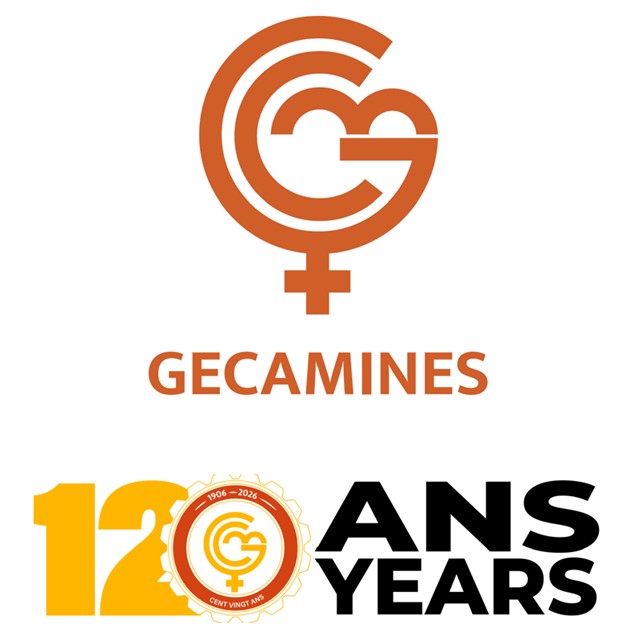
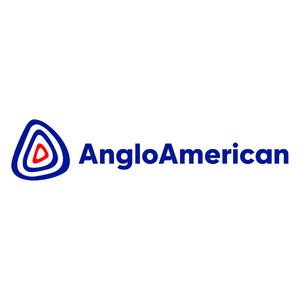

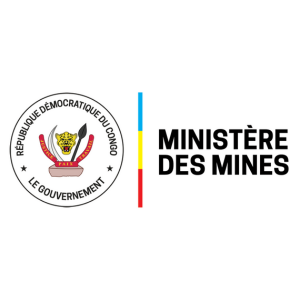



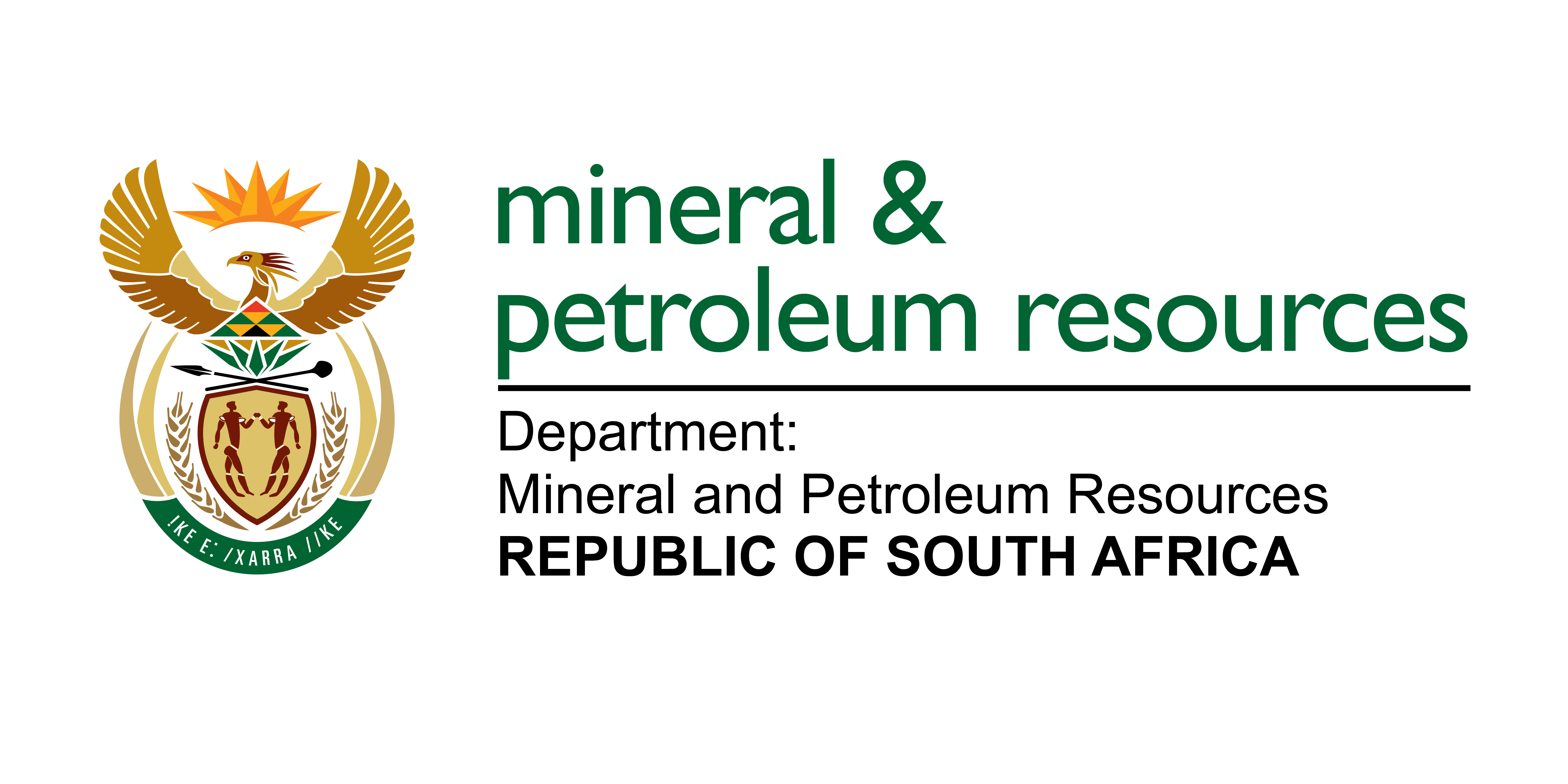-Logo_CMYK_1.jpg?width=1000&height=500&ext=.jpg)
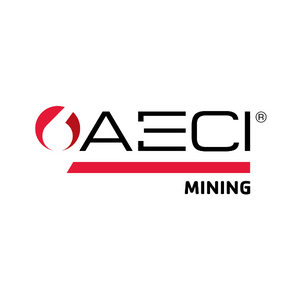


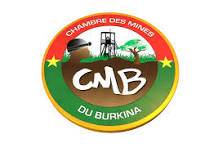
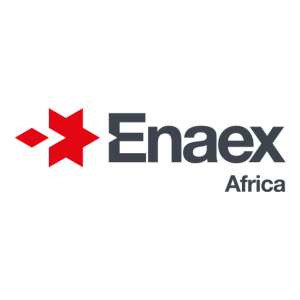


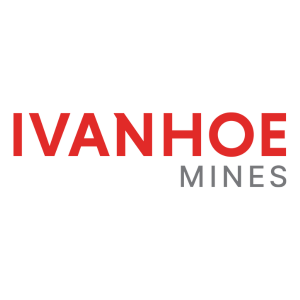
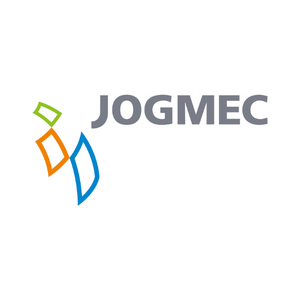


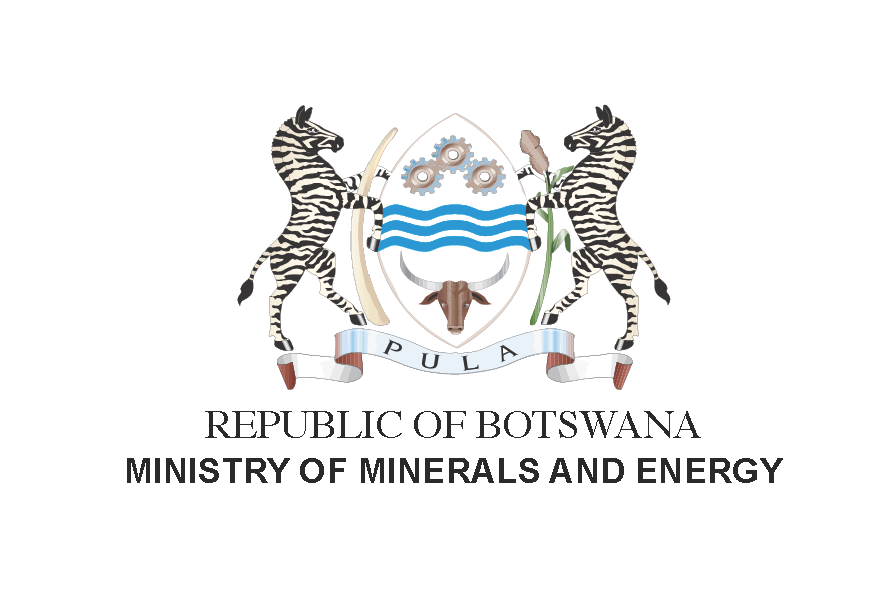.png?width=300&height=208&ext=.png)
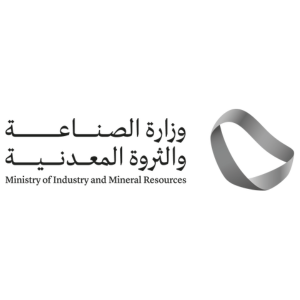
_mi25-weblogo.png?ext=.png)
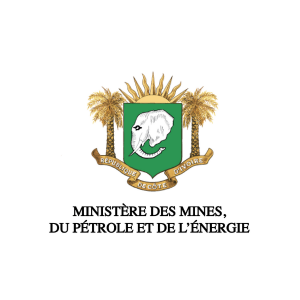
_1.png?ext=.png)


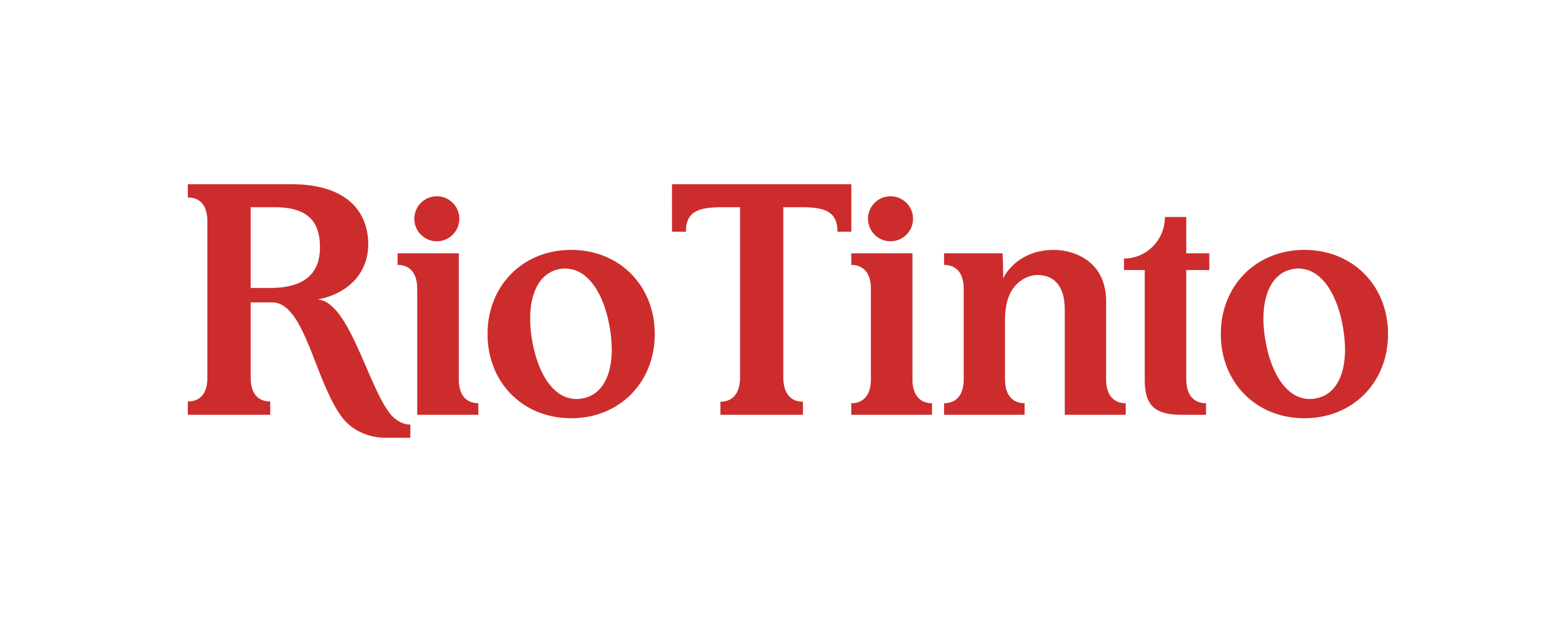









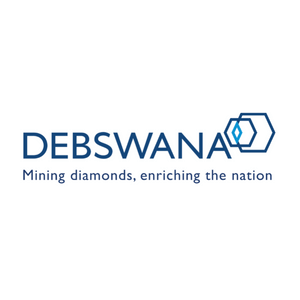






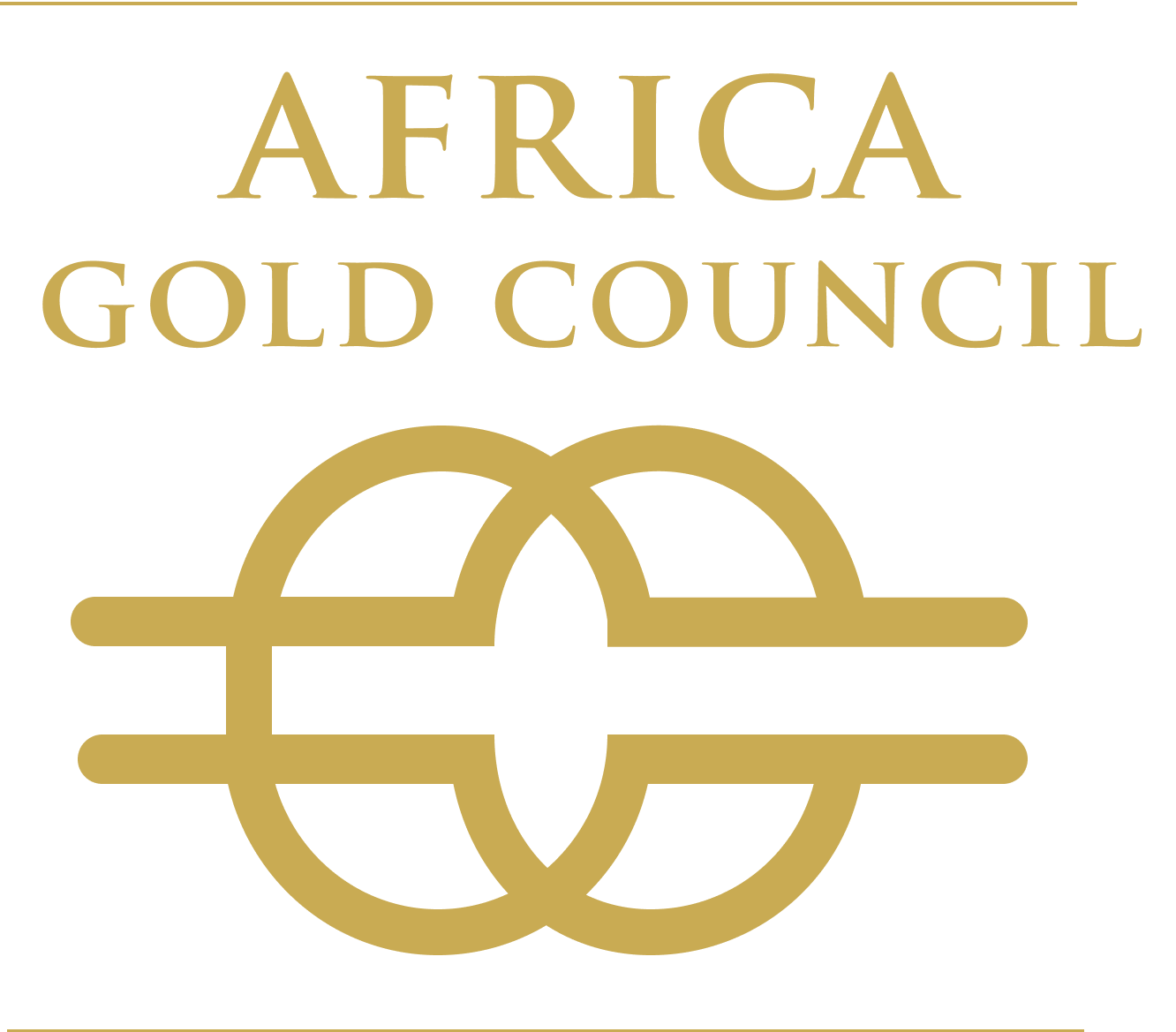

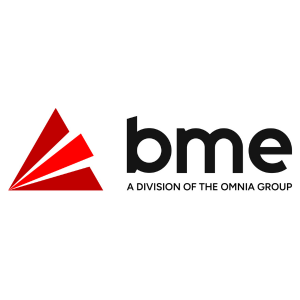













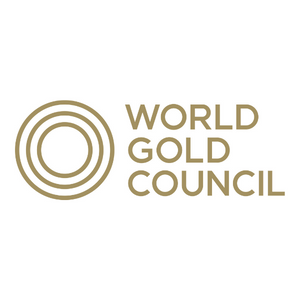
_logo.png?ext=.png)

_mi25-weblogo.png?ext=.png)




